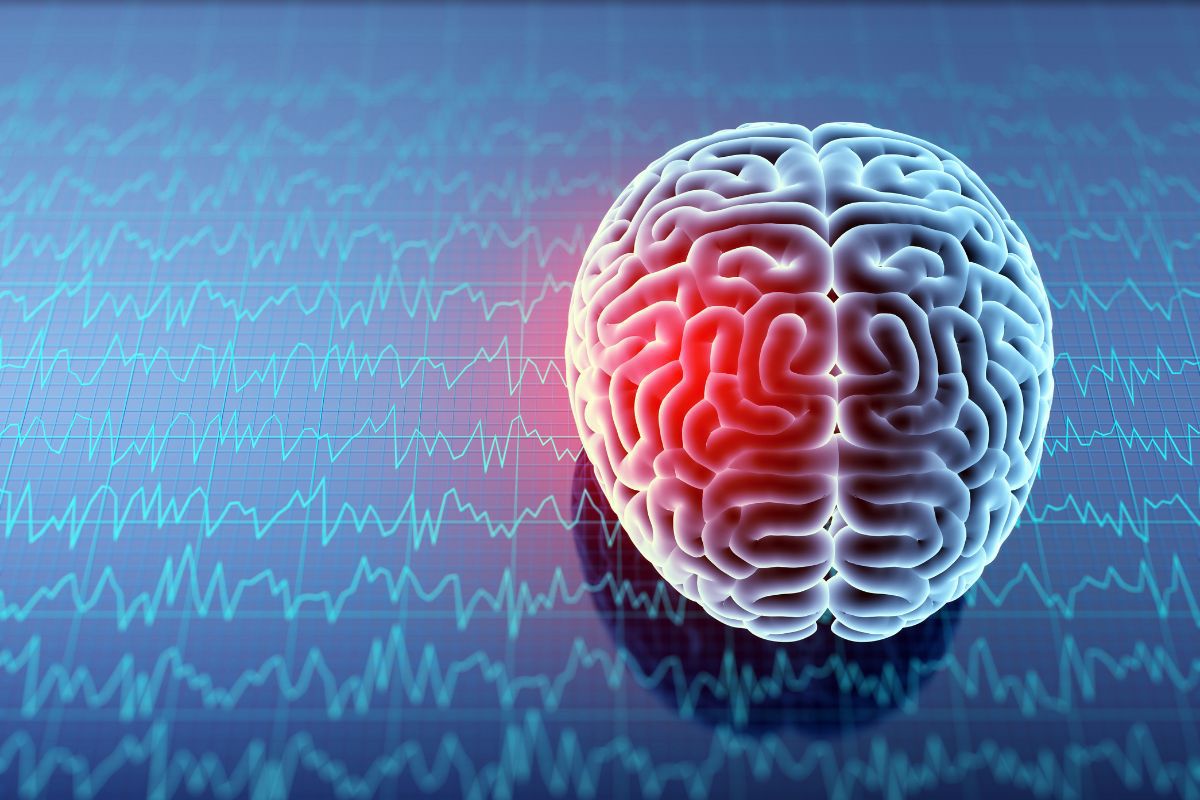
When you or a loved one suffers a traumatic brain injury (TBI) in a motor vehicle accident, bicycle accident, or any other type of accident, you run the risk of long-term side effects. These side effects vary in severity and permanency, but can include cognitive difficulties, headaches, dizziness, and more.
If someone else’s negligence caused the accident that led to your TBI, you have the right to hold them accountable for the costs of your injuries. However, any compensation that you receive must take these long-term effects into consideration. The Phoenix TBI lawyers at Gallagher & Kennedy, P.A., can assist you in ensuring that the settlement for your injuries recognizes the long-term impact of a TBI on your life.
Moderate to Severe TBI Can Lead to Lifelong Medical Conditions
Moderate to severe traumatic brain injury can lead to significant changes in a person’s ability to function in their everyday life. These changes can occur at many levels, including, physical, cognitive, emotional, and behavioral changes.
Physical Changes
TBI can lead to permanent motor deficits and physical disabilities. According to BrainLine, physical changes due to TBI can include:
- Paralysis
- Problems walking, talking, or swallowing
- Vision problems
- Loss of fine motor skills
- Difficulty carrying or moving objects
- Chronic headaches
Individuals suffering from TBI following an accident also may experience sleep disorders, changes in appetite, a loss of stamina, muscle spasticity, loss of bladder or bowel control, and chronic pain.
Cognitive Changes
Cognitive changes also can occur as a result of TBI. Some of the common cognitive changes that TBI can cause include:
- Problems with attention, focus, or concentration
- Memory difficulties
- Impulsiveness
- Difficulty with language processing and speech
- Confusion or being easily distracted
Emotional Changes
Injuries to the brain can affect not only physical behavior, but emotional behavior, as well. Individuals may become aggressive and irritable, as well as depressed and unmotivated. They also may lack awareness about their own condition, lack inhibitions, be dependent on others, and have fluctuating emotions.
Behavioral Changes
TBI also can lead to significant behavioral changes, which can stem from both physical and cognitive changes. Examples of behavioral changes might include:
- Impulsive, uninhibited behaviors
- Unmotivated and fatigued behaviors
- Difficulty processing thoughts or words
- Problems maintaining social and professional relationships
- Decreased ability to keep a job or attend school
Long-Term Prognosis for Individuals with Traumatic Brain Injury
The Centers for Disease Control and Prevention (CDC) reports that despite initial hospitalization and treatment after a TBI, about 50% of people with TBI suffer further decline in their everyday lives or die within five years of injury. Therefore, TBI often results in a chronic medical condition that requires constant management to avoid the worsening of symptoms.
Some of the conditions that people with moderate to severe traumatic brain injury are much more likely to experience include:
- Seizures
- Drug poisoning
- Infections
- Pneumonia
- Drug and alcohol abuse
Of the individuals with TBI who survive five or more years after their injury, 57% are moderately or severely disabled. 55% of those individuals are unable to return to work and 33% rely on others for help with daily activities. 12% must live in nursing homes or other institutions.
The side effects and resulting medical conditions that occur as a result of a TBI can be severe and even life-threatening. They also can fundamentally alter the person’s ability to function in society as they did before. These major life changes should be a consideration when measuring the losses to the person in terms of compensation in a catastrophic injury case.
Contact a Traumatic Brain Injury Lawyer at Gallagher & Kennedy, P.A. Today
The Phoenix traumatic brain injury attorneys at Gallagher & Kennedy, P.A. offer comprehensive legal representation for individuals and their families who have suffered injuries following catastrophic accidents. We are here to deal with insurance companies and handle your claims so that you can focus on healing. Call our offices at 602-530-8400 or contact us online and learn more about how we can help.